











 |
 |
 |
 |
 |
 |
 |
 |
 |
 |
 |
 |
 |
 |


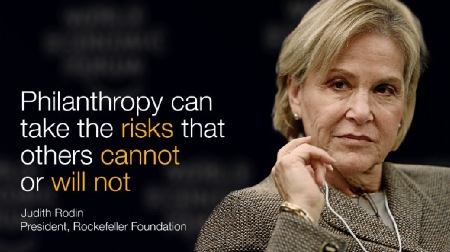

 Roughly 25% of all the apes and half-apes (625 different subgroups) living in they natural habitats are in danger of extinction as the IUCN has stated. The main reasons are: the destruction of their environment, people who kill apes in order to eat them and illegal organized export of apes. Therefore we sponsor organizations involved in the preservation of forests in Africa, Asia and South America, and organizations fighting against the illegal export of animals or the use of apes in households.
Roughly 25% of all the apes and half-apes (625 different subgroups) living in they natural habitats are in danger of extinction as the IUCN has stated. The main reasons are: the destruction of their environment, people who kill apes in order to eat them and illegal organized export of apes. Therefore we sponsor organizations involved in the preservation of forests in Africa, Asia and South America, and organizations fighting against the illegal export of animals or the use of apes in households.
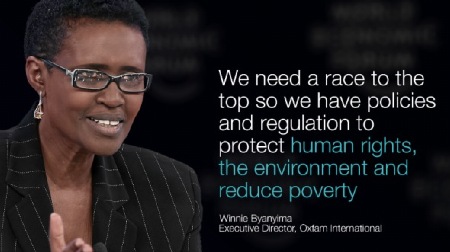

 An emergency is made more serious if people, for whatever reason, don’t have enough food to stay healthy and active. · The short term answer may be to provide them with food to prevent the life-threatening risk of malnutrition. The minimum requirement is 2,100 kilocalories per day per person, of which 17% should be fat and 20% protein. Longer term solutions require different interventions – providing communities with seeds and tools, or vaccinations and fodder to keep livestock alive during the worst months, helping people improve soil quality and maintain irrigation systems, or supporting them in finding alternative employment.
An emergency is made more serious if people, for whatever reason, don’t have enough food to stay healthy and active. · The short term answer may be to provide them with food to prevent the life-threatening risk of malnutrition. The minimum requirement is 2,100 kilocalories per day per person, of which 17% should be fat and 20% protein. Longer term solutions require different interventions – providing communities with seeds and tools, or vaccinations and fodder to keep livestock alive during the worst months, helping people improve soil quality and maintain irrigation systems, or supporting them in finding alternative employment.

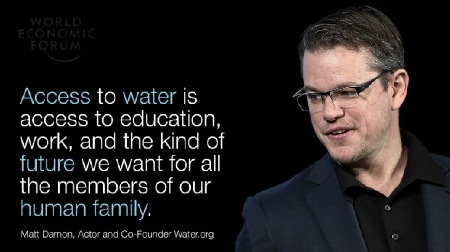
 Two years after the World Summit on Sustainable Development, progress in access to water and sanitation is alarmingly slow, say experts. It would take double the current expenditures of 16 billion dollars a year to halve the population lacking access to clean water by 2015.
Two years after the World Summit on Sustainable Development, progress in access to water and sanitation is alarmingly slow, say experts. It would take double the current expenditures of 16 billion dollars a year to halve the population lacking access to clean water by 2015.

 Encouraging women, especially in the Middle East region to reform their society and their cultural environment and address women's issues.
Encouraging women, especially in the Middle East region to reform their society and their cultural environment and address women's issues.

 Improving the situation of the Elderly: Increasing participation in society including the voluntary sector or informal care, and any problems they experience in these activities, their former labor market status, financial situation, living conditions, state of health and their use of care services and possible psychological disorders such as depression and dementia. Problems at the end of life-time.
Improving the situation of the Elderly: Increasing participation in society including the voluntary sector or informal care, and any problems they experience in these activities, their former labor market status, financial situation, living conditions, state of health and their use of care services and possible psychological disorders such as depression and dementia. Problems at the end of life-time.

 Marginalized children and youth in Latin America, Africa and Asia have limited access to education and resources, and frequently end up working or living in the streets. Their "tools" for daily survival include prostitution, begging, theft, and drug abuse. These activities, in which increasingly more and more small children are involved, threaten not only their lives but society as a whole.
Marginalized children and youth in Latin America, Africa and Asia have limited access to education and resources, and frequently end up working or living in the streets. Their "tools" for daily survival include prostitution, begging, theft, and drug abuse. These activities, in which increasingly more and more small children are involved, threaten not only their lives but society as a whole.
Choose to see


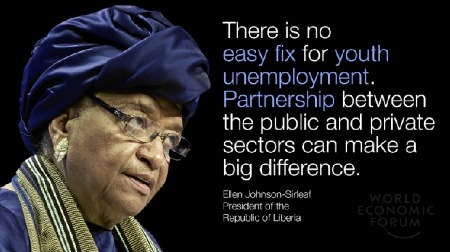
 Projects are set up and assisted for a maximum of five years. During that period the necessary structures are established in conjunction with the local population and the authorities to enable to pull out gradually and hand over responsibility to a local team of assistants and support staff. This has the advantage that more and more people at different locations are able to benefit. Follow-up assistance and specific advice for projects that are already being self-administered is designed, in particular, to provide support to the members of the local assistance teams.
Projects are set up and assisted for a maximum of five years. During that period the necessary structures are established in conjunction with the local population and the authorities to enable to pull out gradually and hand over responsibility to a local team of assistants and support staff. This has the advantage that more and more people at different locations are able to benefit. Follow-up assistance and specific advice for projects that are already being self-administered is designed, in particular, to provide support to the members of the local assistance teams.
in particular:
 Housing- Projects and
Housing- Projects and
 Vaccinations managed locally
Vaccinations managed locally
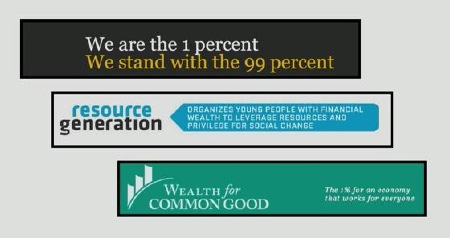
Fighting Delegitimization

















